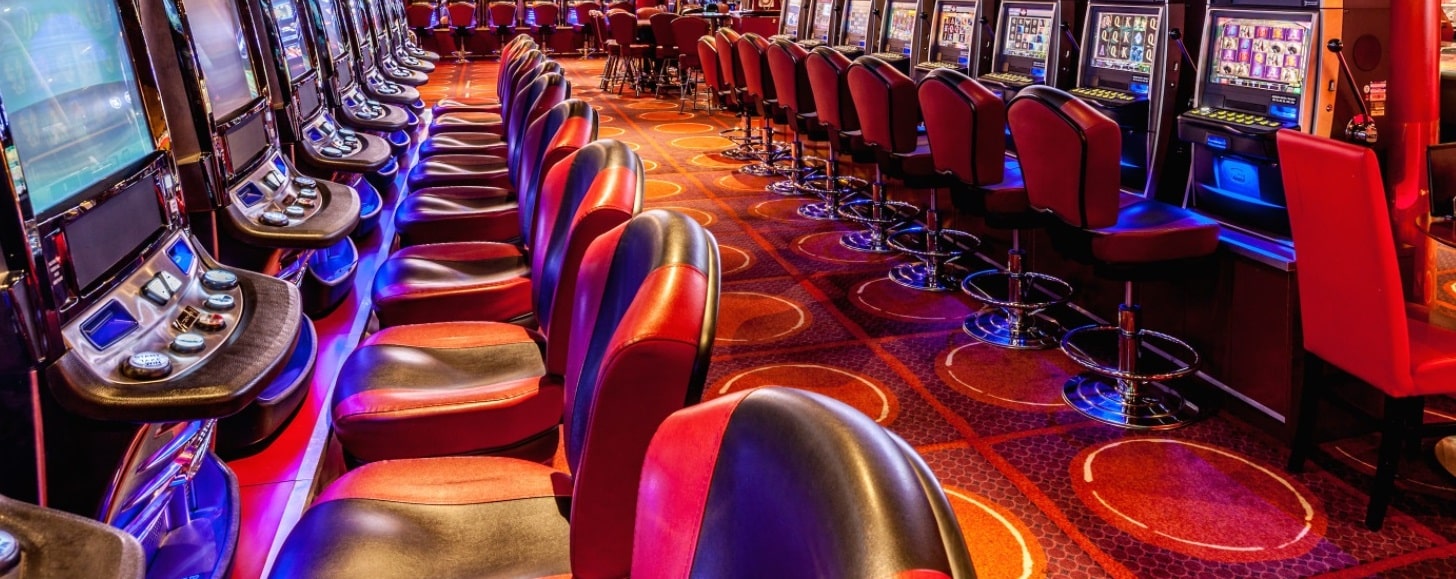
Gambling has been an integral part of human entertainment for millions of years, developing through cultures and periods to become the vibrant casino activities we know today. From the historical Chinese and Romans, who engaged in various forms of gambling and luck, to the modern gaming floors of contemporary casinos, the allure of gamble and reward has fascinated individuals across the globe. The transition from simple dice games and rudimentary betting setups to the extravagant settings of contemporary casinos reflects significant strides in both cultural standards and technological.
As societies evolved, so too did the complexity of gambling activities, with casino games emerging as a separate category of leisure and thrills. These games have evolved from informal gatherings centered around wooden tables to expansive, lavish establishments designed to entice players. Today, we investigate this captivating journey, studying how historical practices laid the groundwork for the varied and thrilling casino games that bring pleasure to countless people worldwide.
spintax
Early Wagering Traditions
Wagering has profound roots in human history, with evidence of games of chance dating back to ancient societies. Archaeologists have found that as far back as 3000 BC, the ancient Chinese were using basic forms of betting with dice made from wood. Similarly, ancient cultures of Mesopotamia engaged in gambling activities, often relying on the casting of lots or dice to determine outcomes. These early forms of betting served not only as recreation but also played important roles in social and cultural practices.
The people of Egypt also participated in gambling activities, with games that included betting on the outcomes of various events, including sports and religious festivals. Artifacts such as dice and depictions of players from ancient tombs show that gambling was a common pastime. It provided both entertainment and a means of engaging in social connections, often linked to festive occasions or major gatherings. This activity showed the universal appeal of chance and competition throughout the ages.
In ancient Rome, wagering became a widespread practice among the people, as evidenced by references in literature and the establishment of guidelines around certain games. Romans enjoyed a variety of betting activities, from wagering on chariot races to playing games like modern-day board games. The legal system surrounding these activities began to take shape, establishing the foundations for gambling regulations that would develop in the centuries to come. v9bet pro The prevalence of gambling during this period set the stage for the development of casino games in the future.
The Development of Gambling Games
Gambling games have undergone substantial transformations from their origins to the modern-day entertainment selections. In historical civilizations, gaming was commonly associated to ceremonial practices, with games of dice found in Mesopotamia and betting on the outcomes of events in old Rome. These early forms of gambling laid the groundwork for the structured games we see today. The change from informal gambling to systematic games occurred as societies began establishing rules and venues for wagering, showing cultural values and practices.
The medieval period saw the emergence of card games, which gained popularity among European nobility. Games like first and the game baccarat became mainstays in social gatherings. The creation of printing technology additionally facilitated the spread of playing cards, making them more reachable to the general public. As gambling houses began to increase, these card games developed into different forms that catered to wider audiences, eventually leading to the founding of casinos as exclusive venues for gaming.
The twentieth century marked a significant point in the evolution of casino games, with the growth of commercial casinos in Vegas and other gaming hubs. This era saw the introduction of games like slot machines and modern versions of table games, complete with sophisticated graphics and complex betting structures. The arrival of online casinos in the tail end of the 1990s also transformed the gaming industry, allowing players to access a wide range of casino games from the safety of their homes. Today, gambling games go on to develop, blending traditional elements with cutting-edge technology to create engaging experiences for players globally.
Modern Gaming Regulations
In recent years, the landscape of gambling regulations has changed considerably, particularly as tech advances and online gaming have become more prevalent. Authorities around the globe have enacted multiple laws and guidelines to make certain that gambling activities are conducted justly, responsibly, and transparently. These regulations often encompass aspects such as licensing, marketing, player safeguards, and sensible gambling measures. Authorities aim to mitigate problems such as gambling addiction and fraudulent activities while supporting a fair gaming environment.
The emergence of internet gambling sites has created a need for a fresh approach to oversight. Many jurisdictions have created specific online gambling structures that cater to internet-based gambling, allowing operators to provide their offerings within the law. These frameworks often demand operators to get licenses, adhere to strict security standards, and provide customer support options to help players. By vigilantly supervising online activities, regulators can better protect consumers from potential harm and ensure that gambling is conducted in a protected manner.
Moreover, modern gaming laws are progressively focusing on responsible gambling strategies. Many gaming establishments and internet-based platforms now adopt features such as self-exclusion, financial limits, and breaks to help players manage their gambling habits. Educational campaigns aimed at educating about the dangers of gaming are also frequent. As the sector continues to grow, the emphasis on sensible gaming remains a fundamental principle of regulatory efforts, reflecting a commitment to encouraging a safe and pleasant gambling experience for all players.

